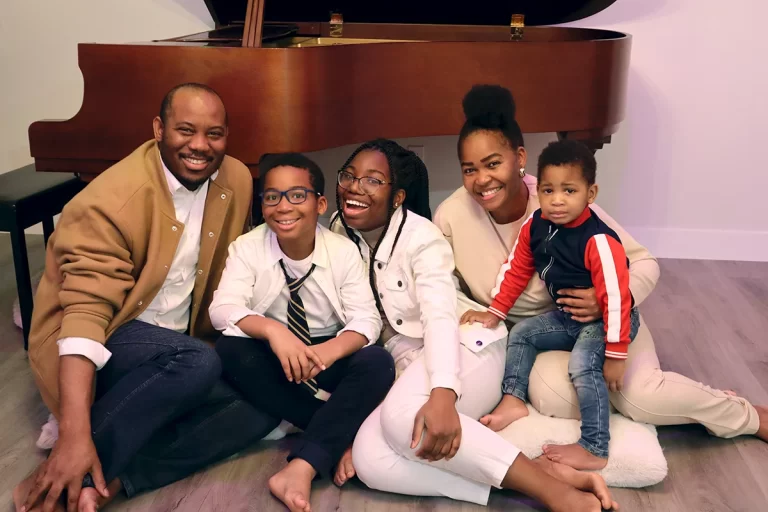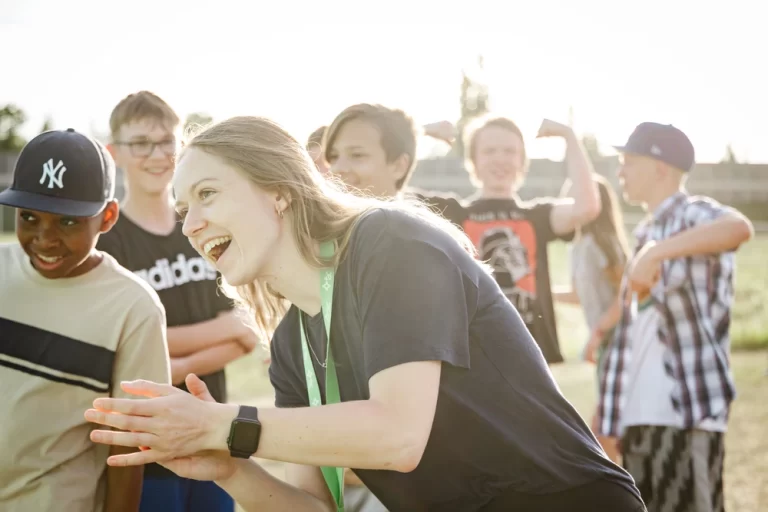
 For Christmas my wife bought me a smart watch. Now most people would be really excited about this generous gift but I am not most people. I already had a watch. Why did I need a new one? A smart watch is just another silly toy. So I politely said thanks and left it in its box for about a week. Finally, with Elizabeth’s encouragement, I tried it. And now … I love it! There is so much you can do with this watch. It tracks my sleep, my heartbeat, my steps, my stress level, tells me the weather, and helps me locate my misplaced phone. It shows me incoming texts – and oh, yeah – I can check the time.
For Christmas my wife bought me a smart watch. Now most people would be really excited about this generous gift but I am not most people. I already had a watch. Why did I need a new one? A smart watch is just another silly toy. So I politely said thanks and left it in its box for about a week. Finally, with Elizabeth’s encouragement, I tried it. And now … I love it! There is so much you can do with this watch. It tracks my sleep, my heartbeat, my steps, my stress level, tells me the weather, and helps me locate my misplaced phone. It shows me incoming texts – and oh, yeah – I can check the time.
Technology is great, isn’t it? It can enhance our lives, simplify things, and make us laugh. I’m thankful for all the benefits that come with social media. For parents talking with their teenager about technology, I think this is a great place to start. It’s easy to villainize social media, but technology in and of itself is amoral. It’s how it’s used that makes it good or bad. You’ll have more credibility with your student if you first acknowledge the positive ways we can use social media. After you’ve set that foundation then comes the conversation about being wise. Using social media without appropriate boundaries can lead to a whole bunch of unwanted results and can even be dangerous for our health. My new smart watch has its downside. There have even been moments when my wife has regretted giving it to me. Like when I get distracted by incoming texts on my watch while driving. It could lead to a dangerous outcome.
As a youth pastor I see how social media shapes students. Here are a few thoughts on how you can leverage it for good and also protect your child.
Screen Time: Stay Informed
The current generation of teenagers is aptly called the “iGeneration” because of their familiarity with technology. They’ve never known a time without the internet and have grown up with smart phones. According to a report by CNN, teenagers spend about 9 hours a day using media.[1] That means many students spend more time on social media then with their parents. Social media is influencing how they think and act.
Parents, we cannot bury our heads in the sand. Social media is here to stay. We can teach teenagers how to leverage it for good or we can try and ignore it – but either way, our kids will be exposed to it. Ignoring technology just won’t work anymore. We need to be informed so we can have relevant conversations and set up appropriate boundaries.
For example, the sad reality is that most kids will have been exposed to porn before they reach their teens. Some argue the average age of first exposure is 11; some say it’s even earlier.[2] It used to be that students needed to go looking for pornography. Not anymore. Now pornography comes looking for them. At an early age a plan needs to be put in place to help shelter your child from pornography. Software can help and supervision is needed. Making their bedroom a no social media zone could be one of the strategies you use to help protect them. Your student will not be happy about this, but the temptation is too great for them to be alone on the internet in their bedroom. An added benefit is that no screen time before bed will help your teenager sleep better. One of the rules Andy Crouch and his family try to follow is, “We wake up before our devices do and they ‘go to sleep’ before we do.”[3] In other words, they don’t take their phones to bed with them. Instead they use an old-fashioned alarm clock and when they get up in the morning they don’t immediately go on their phone.
There are a number of resources at the end of this article that you can use to get informed. I would encourage you to check them out. This article is just a primer … You must be proactive and part of that comes through education.
Model Healthy Use of Social Media
![]() And, guess what? It’s not just teenagers. People of all ages are spending a lot of time on social media. American adults now spend over 11 hours a day interacting with media.[4]
And, guess what? It’s not just teenagers. People of all ages are spending a lot of time on social media. American adults now spend over 11 hours a day interacting with media.[4]
Parents, as you think about setting healthy boundaries for your teenager, I’d encourage you to look at your own consumption of social media. Are your habits a good example to them? Do you practice what you preach? More is caught then taught. It’s like the old song that says, “monkey see, monkey do, monkey do the same as you.” Now, I’m not calling your child a monkey (though there probably are days when you ask yourself that question) – but your teenager is watching you. They’re learning how to interact with social media from you. If you feel your child should limit their technology use, do you live by the same rule? Of course boundaries should be age-appropriate but there should be some foundational principles that apply for both the child and the adult. Our actions communicate what we really value and your teenager is watching closely. What are your daily habits around social media communicating to your teenager? More is caught then taught.
Love God
“Listen, O Israel! The Lord is our God, the Lord alone. And you must love the Lord your God with all your heart, all your soul, and all your strength. And you must commit yourselves wholeheartedly to these commands that I am giving you today. Repeat them again and again to your children. Talk about them when you are at home and when you are on the road, when you are going to bed and when you are getting up. Tie them to your hands and wear them on your forehead as reminders. Write them on the doorposts of your house and on your gates.” (Deuteronomy 6:4-9 NLT)
God’s call to parents is to love Him above all, to commit your entire being to Him, and to let His love influence and transform those around you. At the end of the day, putting software on your student’s phone or keeping their bedroom social media free is helpful … but it won’t change their heart. Only God can do that. Your child needs you to be a Christ-like example who is living the gospel every day, pointing them to Jesus. Your child needs someone who is intentionally talking with them about how God matters in all areas of your life – one of those being social media. Loving God and healthy family relationships need to be at the heart of your strategy. Find ways to have conversations around these issues. Utilize social media to do this. Be a learner, let your child teach you about the latest technology and then teach them to ask wise questions. One day your teenager will be an adult and they will need to make these decisions on their own. Set them up for success by slowly giving them more independence as you continue the conversations around social media.
Remember – you are the parent; they are the child. Your job is to protect them while also teaching them how to stand on their own two feet. Teach your student to think and act wisely – and then pray, entrusting your teenagers’ care into the hands of their good heavenly Father. Sure, social media presents its challenges … but we serve the One “who is able to do immeasurably more than we could ask or imagine” – and He’s on our side!
Written by Jonathan Klein, Lead Pastor of Innisfail Alliance Church
Resources
- Book: “The Tech-Wise Family: Everyday Steps for Putting Technology in its Proper Place” by Andy Crouch
- Axis.org – Free email called “The Cultural translator”
- https://cpyu.org/ – Free weekly email on youth culture trends and information
- xxxchurch.com – A Christian website devoted to educating and helping people live in sexual purity
- Screenagersmovie.com – You could watch this with your child and then have a discussion; a bit dated (2016) but still very relevant
References
[1] https://www.cnn.com/2015/11/03/health/teens-tweens-media-screen-use-report/index.html
[2] https://fightthenewdrug.org/real-average-age-of-first-exposure/
[3] Crouch Andy, “The Tech-Wise Family: Everyday Steps for Putting Technology in its Proper Place”
[4] https://www.nielsen.com/us/en/insights/news/2018/time-flies-us-adults-now-spend-nearly-half-a-day-interacting-with-media.print.html



